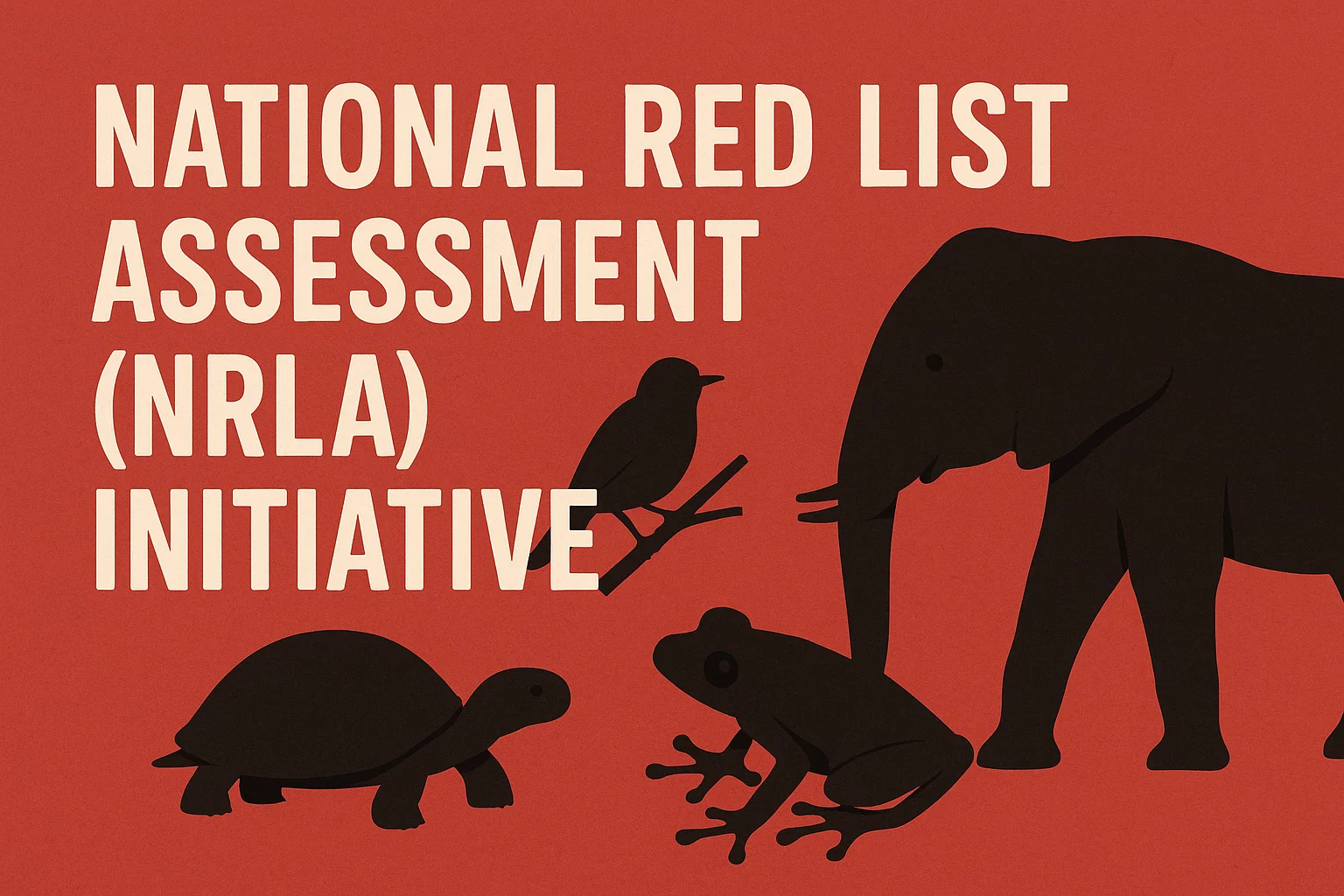Font size:
Print
Procedural Law and Criminal Justice in India
Principled criminalisation and the police as pivot
Context: In discussions on criminal law, procedural law often takes a backseat to its more dramatic counterpart—substantive law.
More on News
- While the latter deals with what constitutes a crime and its punishment, procedural law addresses how justice is carried out.
- Yet, as recent legal developments show, criminal procedure is far from a technical footnote—it is the beating heart of lawful state action.
- The Supreme Court’s recent verdict in Imran Pratapgarhi vs State of Gujarat reinforces the critical role of procedural law, specifically under the Bharatiya Nagarik Suraksha Sanhita (BNSS), in ensuring principled criminalisation.
Criminalisation: Balancing Power and Duty
- Power and Duty: Criminalisation is fundamentally the exercise of state power to define certain acts as crimes and impose penalties.
- But it is also a duty—an obligation to publicly address and rectify wrongdoing.
- Demands Checks: In a constitutional democracy like India, this dual role demands careful checks and balances to prevent misuse.
- Legal philosopher Victor Tadros points out that criminalisation must be part of a broader, principled framework that includes investigation, prosecution, conviction, public condemnation, and punishment.
- Complex Network: Criminal law does not operate in a vacuum. It is part of a complex network of societal norms and institutions.
- While families and civil law can respond to many wrongs, the state’s criminal law apparatus handles public accountability.
- Therefore, criminalisation has inherent value beyond just deterrence—it symbolises a collective stand against certain harms.
Role of Substantive Law and Its Limitations
- India’s new substantive criminal law, the Bharatiya Nyaya Sanhita (BNS), aims to guide criminalisation through clear, restrictive principles.
- Legal scholar Tatjana Hörnle proposes three guiding standards for criminalisation:
- The conduct undermines key collective interests.
- It constitutes a violent act against individuals.
- It violates someone’s right to non-intervention.
- Despite these guardrails, over-criminalisation and under-criminalisation remain real risks—especially when police discretion determines how laws are applied in real life.
- Misuse of discretion can result in over-policing of minor offences and under-policing of serious crimes, leading to systemic imbalances.
Why Procedural Law Matters More Than You Think
- The actual force of criminalisation unfolds not in legislative texts, but in everyday police practices: detection, arrest, charge-sheeting, and prosecution. Here is where procedural criminal law becomes critical.
- A key procedural safeguard is Section 173(3) of the BNSS, which allows police officers to conduct a preliminary inquiry before registering an FIR for certain offences.
- This applies particularly to cases involving cognisable offences punishable by three to seven years of imprisonment.
- The objective is to prevent frivolous or malicious FIRs by ensuring a prima facie case exists before proceeding.
Supreme Court Verdict: Imran Pratapgarhi Case
- The case involved a Member of Parliament accused of posting an allegedly inflammatory poem on social media.
- The Supreme Court quashed the FIR, holding that the police failed to comply with the mandatory step of conducting a preliminary inquiry.
- The Court observed that Section 173(3) imposes a positive obligation on the police to verify the basis of a complaint—particularly when it pertains to constitutionally protected speech under Article 19(1)(a).
- By ignoring this safeguard, the police acted in excess of their legal authority.
- This judgment sends a strong message: criminalisation must not be driven by impulse or political pressure, but by adherence to due process and legal principles.
Police: Gatekeepers of Responsible Criminalisation
- Since police officers are the first responders in the criminal justice chain, their actions critically shape how laws are enforced.
- Discretion in policing is inevitable, but without proper regulation and accountability, it can distort the purpose of criminal law.
Responsible enforcement begins with the police respecting procedural safeguards and applying them consistently.


